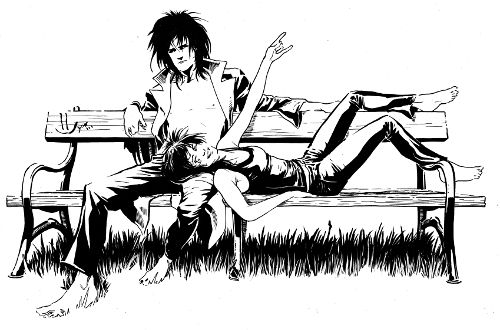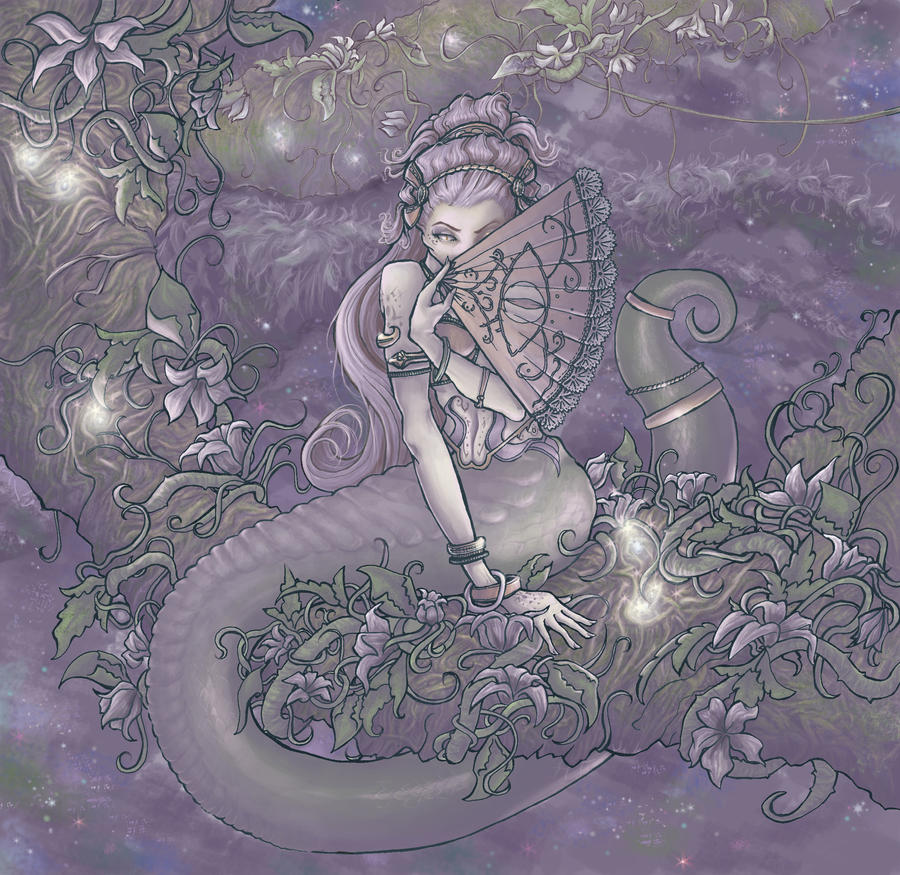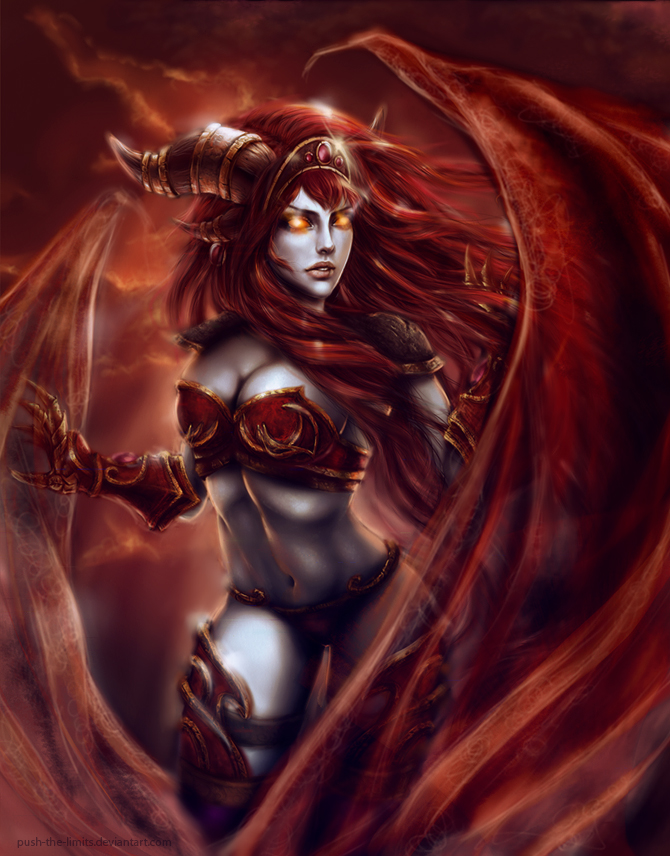<OOC>
<Chat>

Primavera, Sandro Botticelli, 1482.
Guidelines
Requested Roles
- Mysia - The Queen Dowager of the Gods, the wife of the murdered King of the Gods. Currently a drunken recluse that has shut herself away in the apartments of Krona, the currently-decaying palace of Aroesus.
- A son of the King of Gods that benefits from the death as an heir apparent, akin to Octavian, or perhaps a prodigy/loyal follower akin to Marc Anthony who now uses his oratory and demagoguery to his advantage.
- A trickster deity, perhaps a disgruntled member of another pantheon.
- A deity devoted to bacchanalia/drunkeness and revelry.
- A deity that runs the underworld.
- Deities that see the dead to the underworld and other parts; probably in conflict with the underworld deity.
- Deities of the seasons, with perhaps other responsibilities.
- Members of the Conspiracy to Assassinate Aroesus who was killed in a way that made it impossible for him to be identified. I figure it adds a layer of intrigue; no one really knows who were the conspirators, and they don't even necessarily know all the other conspirators even if they're in on the conspiracy. The thing is, don't put it down on your sheet that your character was involved just PM me with that info. By the same token, it's possible to be aware of the identity of a conspirator but not reveal it, if, for example, one is the brother, sister, lover or otherwise of a conspirator. I have final say on the conspiracy thing, to keep people from knowing too much or using it in a way I deem objectionable.
- Other ideas as you see fit.
Character Sheet
<Chat>

Primavera, Sandro Botticelli, 1482.
Guidelines
- Using the character template below, please post your character sheets here only. All other posts go straight to the OOC, please. :)
- Requested roles are requests. I can do without/NPC such roles if no one wants them. However, they're pretty interesting roles.
- Requested roles are requests. I can do without/NPC such roles if no one wants them. However, they're pretty interesting roles.
Requested Roles
- Mysia - The Queen Dowager of the Gods, the wife of the murdered King of the Gods. Currently a drunken recluse that has shut herself away in the apartments of Krona, the currently-decaying palace of Aroesus.
- A son of the King of Gods that benefits from the death as an heir apparent, akin to Octavian, or perhaps a prodigy/loyal follower akin to Marc Anthony who now uses his oratory and demagoguery to his advantage.
- A trickster deity, perhaps a disgruntled member of another pantheon.
- A deity devoted to bacchanalia/drunkeness and revelry.
- A deity that runs the underworld.
- Deities that see the dead to the underworld and other parts; probably in conflict with the underworld deity.
- Deities of the seasons, with perhaps other responsibilities.
- Members of the Conspiracy to Assassinate Aroesus who was killed in a way that made it impossible for him to be identified. I figure it adds a layer of intrigue; no one really knows who were the conspirators, and they don't even necessarily know all the other conspirators even if they're in on the conspiracy. The thing is, don't put it down on your sheet that your character was involved just PM me with that info. By the same token, it's possible to be aware of the identity of a conspirator but not reveal it, if, for example, one is the brother, sister, lover or otherwise of a conspirator. I have final say on the conspiracy thing, to keep people from knowing too much or using it in a way I deem objectionable.
- Other ideas as you see fit.
Character Sheet
Name/Titles:
Gender (if applicable):
Patronage: (This is what your deity is; a primary thing that they have authority over, though some deities have multiple patronages, such as Apollo or Athena did.)
Parentage: (You can say things like "the sky" with a straight face here. Joy. Joy too. You can come sprung fully grown out of dad's skull. You can be descended of a goose and your mom, who clearly didn't have high standards.)
Pantheon/Affiliation: Deity, Ex-deity or powerful being seeking apotheosis.
Appearance: Include all manifestations, including lecherous geese.
Centres of Worship/Places of Power:
Example: Athens and Athena, the Oracle of Delphi and Apollo, Achilles, descended of a river nymph...so on and so forth. A deity may be a patron of a city or a kingdom, but I am going to say that deities cannot control the free will of mortals, that's what makes them so irritating, and thus while able to influence events in these places, they will not have absolute power over them. There is a give and take between such worshipers and their deities, too, as the patron is expected to do things for their patronage.
Servants, Prominent Followers and Worship Base:
I'm looking for an idea of what sort of people follow your deity and an idea of what sort of spirits/beings might be their servants, through which they make their wills be known. Prominent worshipers would mean prophets, kings and otherwise important mortals that are loyal to your deity. This can, of course, include playwrights, poets, singers and so forth...be creative. Worship base are the normal everyday people of various trades, tribes, nationalities and so forth who might find your god to be their patron/matron.
Psychology:
What is pleasing to them and what drives them mad will do; even the more benevolent deities ought to have their egomaniacal and selfish side.
History:
An explanation of from whence the deity came and what befell them in various events. It's not a bad idea to cooperate with other players on this and expand as you see fit.
Relationships:
Loves, hates, lusts, crushes, affairs, rapes, incests, zoophilia incidents with shepherd girls (always a Jovian favorite) and the like. Oh, and mere alliances and rivalries, as well. Probably fueled by the above.
Gender (if applicable):
Patronage: (This is what your deity is; a primary thing that they have authority over, though some deities have multiple patronages, such as Apollo or Athena did.)
Parentage: (You can say things like "the sky" with a straight face here. Joy. Joy too. You can come sprung fully grown out of dad's skull. You can be descended of a goose and your mom, who clearly didn't have high standards.)
Pantheon/Affiliation: Deity, Ex-deity or powerful being seeking apotheosis.
Appearance: Include all manifestations, including lecherous geese.
Centres of Worship/Places of Power:
Example: Athens and Athena, the Oracle of Delphi and Apollo, Achilles, descended of a river nymph...so on and so forth. A deity may be a patron of a city or a kingdom, but I am going to say that deities cannot control the free will of mortals, that's what makes them so irritating, and thus while able to influence events in these places, they will not have absolute power over them. There is a give and take between such worshipers and their deities, too, as the patron is expected to do things for their patronage.
Servants, Prominent Followers and Worship Base:
I'm looking for an idea of what sort of people follow your deity and an idea of what sort of spirits/beings might be their servants, through which they make their wills be known. Prominent worshipers would mean prophets, kings and otherwise important mortals that are loyal to your deity. This can, of course, include playwrights, poets, singers and so forth...be creative. Worship base are the normal everyday people of various trades, tribes, nationalities and so forth who might find your god to be their patron/matron.
Psychology:
What is pleasing to them and what drives them mad will do; even the more benevolent deities ought to have their egomaniacal and selfish side.
History:
An explanation of from whence the deity came and what befell them in various events. It's not a bad idea to cooperate with other players on this and expand as you see fit.
Relationships:
Loves, hates, lusts, crushes, affairs, rapes, incests, zoophilia incidents with shepherd girls (always a Jovian favorite) and the like. Oh, and mere alliances and rivalries, as well. Probably fueled by the above.













